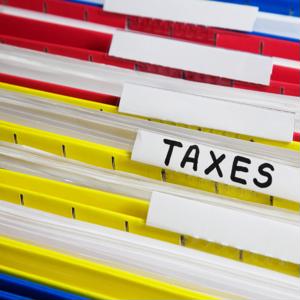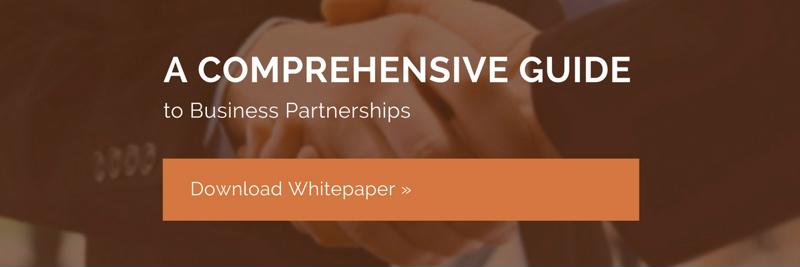
The rundown on estimated quarterly taxes
February 11, 2022 2:55 pm Leave your thoughts
Whether you're an independent contractor, freelancer or work side gigs, there's a good chance that you'll be a candidate for estimated quarterly taxes. When you're employed by another company or business, the proper amount of taxes are usually taken directly out of your paycheck. However, as a self-employed individual, taxes aren't automatically deducted, and you'll have to pay estimated taxes on your own.
If you're new to the world of self-employment, estimating and budgeting your taxable income may have your head spinning. But there's no need to feel intimidated by this process. Here are three common questions when it comes to navigating estimated taxes:
What are estimated tax payments?
Estimated taxes are quarterly payments for the year that are based on the amount of taxable income you obtained. According to Investopedia, income that is subject to being taxed includes earned income, dividend income, rental income, interest income and capital gains. Estimated tax is most commonly made on a quarterly basis, with the first quarter being January – March, the second quarter including April – May, the third being June – August and the final quarter spanning September – December.

Who should make estimated quarterly tax payments?
Freelancers, small business owners and sole proprietors are typically those who need to pay quarterly taxes. Quarterly filing is required for anyone who has income that isn't subject to automatic withholding. If this is the case for you and your business, you'll estimate how much you need to repay based on your income, file taxes as usual, and then pay any remaining balance due. In the event that you've overpaid throughout the year, you'll receive reimbursement to make up the difference.
Do I have to pay quarterly taxes?
TurboTax notes that you should not attempt to pay your taxes in one big lump sum at the end of the year. More specifically, if you owe more than $1,000 in taxes for that year, the IRS wants you to pay estimated taxes as you go through each quarter. Missed quarterly payments will most likely mean that you're subject to penalties and interest. On top of that, if you haven't set aside enough money to cover what you owe, you could suffer a big financial hit when it comes time to file.
Many things change as your business grows in size and profit. Through those shifts, it's wise to get professional assistance with complex matters like your taxes as well as with big business decisions. The professionals at The Law Offices of Donald W. Hudspeth can help guide you and your organization through the transition as you go from employee to self-employed. Contact us today to learn more about how we can help represent your small business.
Categorised in: Starting a Business in Arizona
This post was written by





